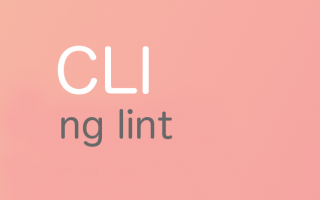Angular is a powerful framework for building web applications, and it offers a range of advanced features that can take your development skills to the next level. In this article, we’ll explore some of the most important concepts in Angular: services, dependency injection, and observables.
Services are a fundamental building block in Angular applications. They are used to share data and functionality across different components, and they can be used to encapsulate complex business logic. Services are typically implemented as TypeScript classes, and they can be injected into components, other services, and even into other Angular modules.
Dependency injection is a key feature of Angular that enables you to write more modular, testable code. With dependency injection, you can easily inject services into other components, without having to worry about managing their lifecycle. Angular’s built-in dependency injection system is powerful and flexible, and it can be customized to suit your specific needs.
Observables are a powerful way to work with asynchronous data in Angular applications. They are a core part of Angular’s reactive programming model, and they enable you to work with streams of data in a flexible and efficient way. Observables are used extensively in Angular’s HTTP module, which is used to make HTTP requests to remote servers.
When integrating third-party libraries with Angular, it’s important to follow some best practices to ensure that your application remains maintainable and easy to debug. One of the most important best practices is to encapsulate the third-party library code in a service, so that it can be easily injected into other components. This makes it easier to manage the lifecycle of the library code, and it ensures that the library code is only loaded when it is actually needed.
Another best practice is to use TypeScript types to define the interface between your application and the third-party library. This makes it easier to work with the library code, and it ensures that your application is less likely to break when the library is updated.
In terms of tips for integrating third-party libraries with Angular, one important tip is to carefully consider the version of the library that you are using. It’s often best to use the latest stable version of the library, as this will ensure that you have access to the latest features and bug fixes.
Another tip is to make use of Angular’s zone.js library, which provides a mechanism for detecting and handling changes to the application state. This can be particularly useful when integrating third-party libraries that might be making changes to the application state in unexpected ways.
To learn more about these advanced Angular concepts, there are a wealth of resources available online. Some great places to start include the official Angular documentation, which provides comprehensive coverage of all of the core Angular concepts. Additionally, there are many excellent YouTube tutorials available, which can provide a more hands-on and practical introduction to these concepts.
In conclusion, services, dependency injection, and observables are all important concepts that are central to the Angular framework. When integrating third-party libraries with Angular, it’s important to follow best practices and to be mindful of the version of the library that you are using. By mastering these advanced Angular concepts, you can become a more proficient and effective Angular developer.



